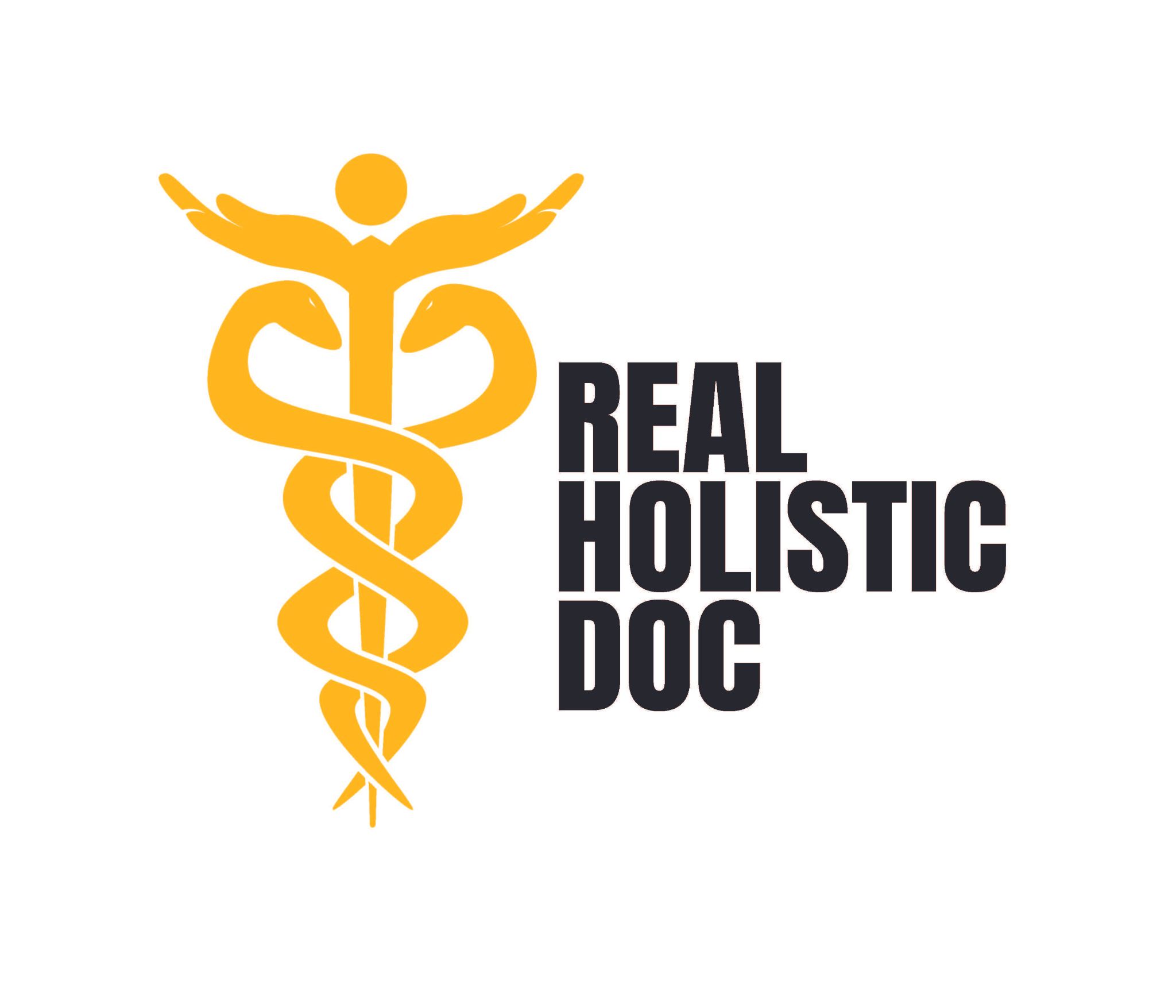The sphygmomanometer, the inflatable cuff for measuring blood pressure, was invented by an Italian physician in 1896 and popularized in this country in 1901 by Harvey Cushing, the ”father” of neurosurgery. For 100 years, NORMAL blood pressure was considered 120/80. The upper figure is systolic – the pressure in the blood vessels when the heart contracts. Diastolic, the lower figure, is the pressure in the blood vessels between contractions of the heart. In the last few years, some experts are suggesting that optimal blood pressure is BELOW 120/80. And the older concepts of 150/90 as the level for diagnosing hypertension are giving way to 140/90 as the level for aggressive treatment.
Whether this downward revision of normal is motivated by absolute science or the pressure of drug representatives remains to be proven.
Nevertheless, there is excellent evidence that pressures above 120/80 are related to stroke, heart disease, ruptured aneurysms and kidney disease.
Medical treatment for hypertension consists of a remarkable variety of drugs which often require careful juggling for consistent control of blood pressure, and which carry the usual array of complications, called ”side effects.”.
But there are an equal number of non-pharmaceutical approaches for managing hypertension which are all safe!
The following are all worthy of consideration:
- Weight control. Maintain an ideal Body Mass Index (BMI) of 19 to 24.
- Physical exercise. Exercise 30 to 60 minutes at least 6 days a week, aerobic and limbering
- Stress management. Autogenic training and Progressive Relaxation help significantly.
- Anger management is essential.
- Temperature biofeedback. 80% of individuals who learn to raise the temperature of their toes to 96 degrees have a significant reduction in blood pressure.
- Take regular saunas. They can help normalize blood pressure.
- Take adequate amounts of calcium. 70% of Americans take in less than the recommended daily amount of calcium
- Take adequate amounts of magnesium. 80% of Americans are deficient in magnesium; my Magnesium Lotion is best,
- CoQ-10 is a major contributor to cardiac health. Take a minimum of 100 mg daily.
- Take 6 to 9 grams of L-arginine daily to help lower your blood pressure.
- L-carnitine is synergistic with CoQ-10. Take 2000 mg.
- Eat legumes at least 4 times weekly
- Avoid or minimize coffee.
- Avoid all soda pop.
- Avoid aspartame and monosodium glutamate (MSG).
- Avoid all snack foods except fruit, and unsalted nuts and seeds.
- Minimize adding salt to your food and avoid salty foods.
If all the above fail to normalize your blood pressure and your hypertension remains, then add:
- Hawthorn, 500 mg two to three times daily only if you are not on blood pressure or heart drugs.
- If that does not control your blood pressure within a month, add Arjuna, 250 to 500 mg twice daily.
Well over 80% of patients with hypertension can avoid the many problems associated with antihypertensive drugs and be healthier if they follow these suggestions. BUT if you are on medications, do not stop them abruptly. Find an holistic physician or nurse practitioner to guide you.
Norman Shealy, M.D., Ph.D. is the father of holistic medicine. He recommends autogenic focus (the basis of the Biogenics System) as part of your overall commitment to self-health. Register to download your FREE autogenic focus MP3 now.
